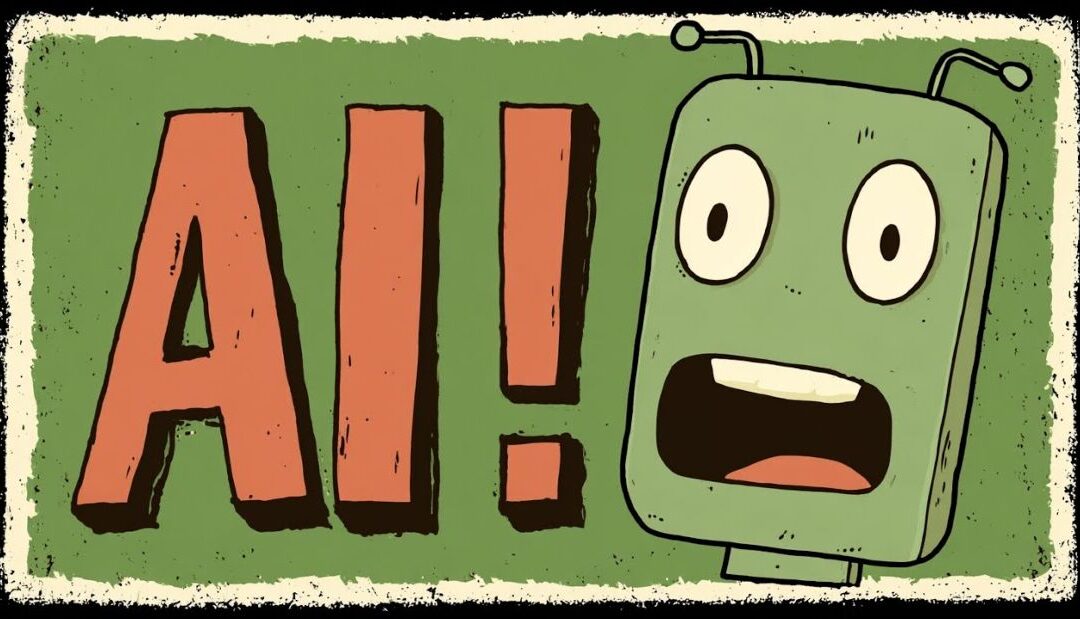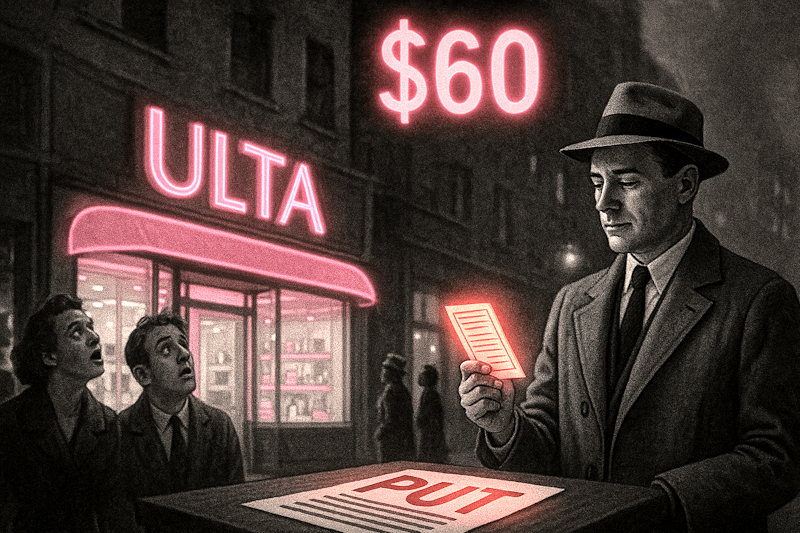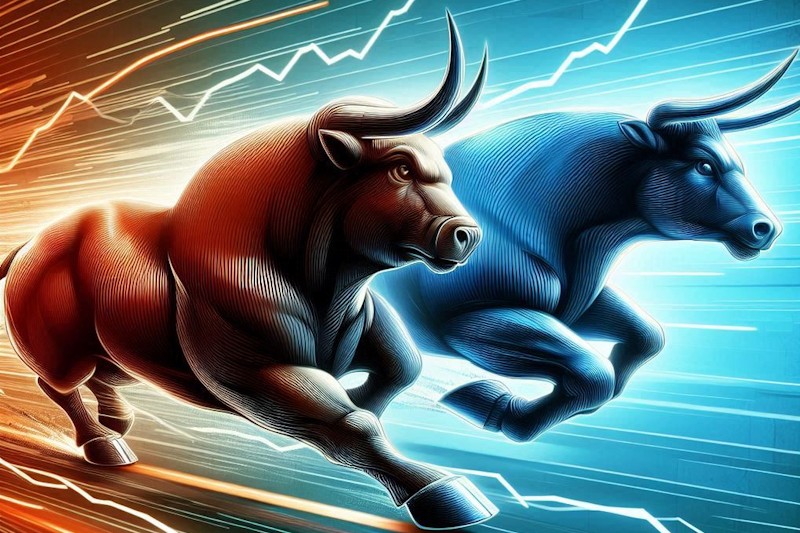Looking for a verified statistical edge in the markets? Check out this 2ST strategy!
Good afternoon everybody. JD here with your Rational Trader market analysis daily.
In today’s video, I want to walk you through a concept that’s at the center of how I trade — especially during earnings season — and that’s expected value.
What Is Expected Value?
Expected value is a simple idea: when you’re faced with multiple outcomes, you multiply the value of each by its probability — and that gives you a clearer picture of whether a trade is worth taking.
Now, in real-world markets, it’s hard to assign precise probabilities to outcomes. But during earnings season, we get something we don’t usually have — historical data that helps quantify the odds.
So if you’ve ever felt uncertain about a trade that looks risky, this might help you think about it differently.
The Trade Most People Wouldn’t Take
Here’s a simple example:
- There’s a 10% chance you lose $445
- There’s a 90% chance you make $55
Most traders pass. Too lopsided. That loss number is just too big.
But when you do the math? The expected value is positive. You’d make $5 on average every time you take the trade.
It’s not sexy. But if you saw that setup over and over — and you stayed consistent — it would pay off.
Real Example: Constellation Brands
Now let’s take that logic and apply it to a real trade I’m watching today.
Constellation Brands (STZ) reports earnings after the bell tomorrow.
- Current price: around $162
- Mean: around $166
- Two standard deviations below the mean: $155
That’s where I get interested.
Here’s the setup:
- Sell the $150 put
- Buy the $145 put (as a hedge)
- You collect about $0.80 in premium
- Max loss is $5 minus that premium
So you’re risking around $4.20 to make $0.80 — not all that different from the earlier example.
Why I Like This Trade
Looking back at the last 5 years of earnings:
- STZ has only dropped more than 8% twice — out of 20 earnings events.
- That’s just a 10% probability of breaching $150.
- The median drop is 3.3% — which keeps it well above our short strike.
So what does that mean?
It means the expected value is on your side — even though the potential loss number might feel scary.
This is why I trade statistically. This is why expected value matters.
Final Thoughts
When you’re faced with a decision that feels uncomfortable, take a step back and ask:
What’s the probability-weighted outcome here?
That question has saved me from countless bad trades — and helped me take the good ones others walk away from.
Earnings season is here. Time to think like a rational trader.
Part 2, followup on this trade is here
Talk soon,
JD
The Rational Trader



